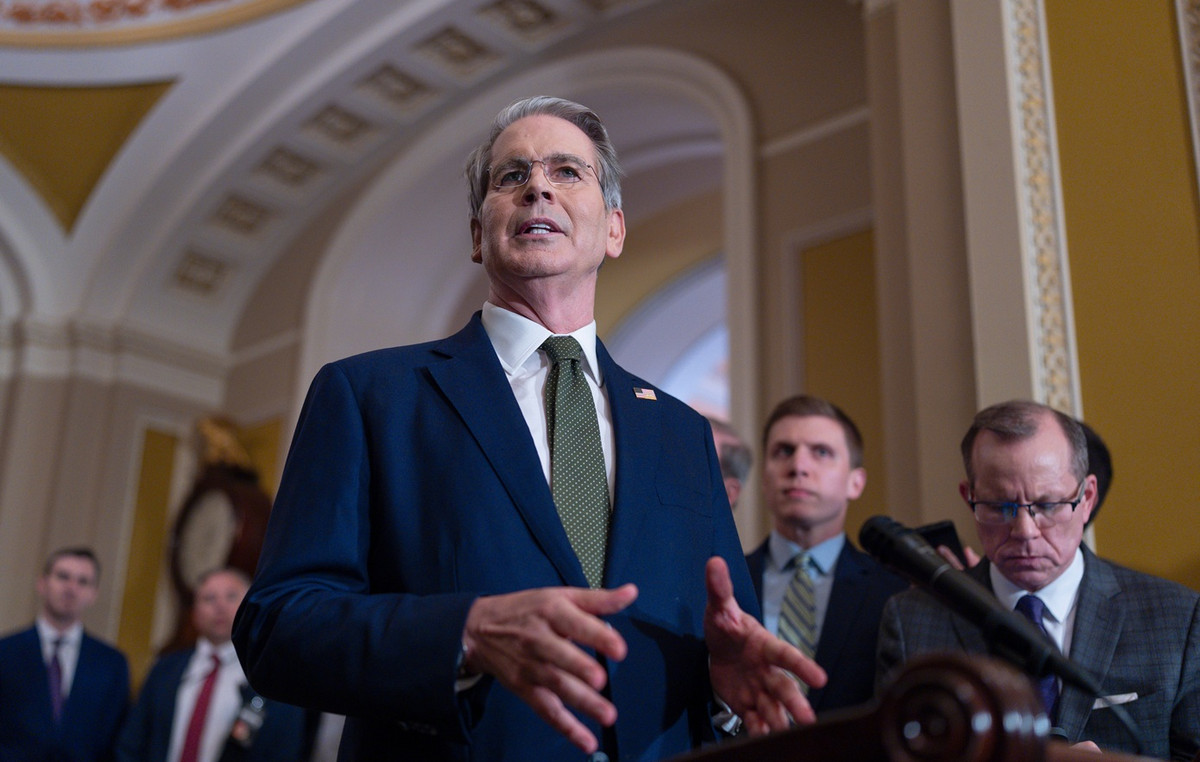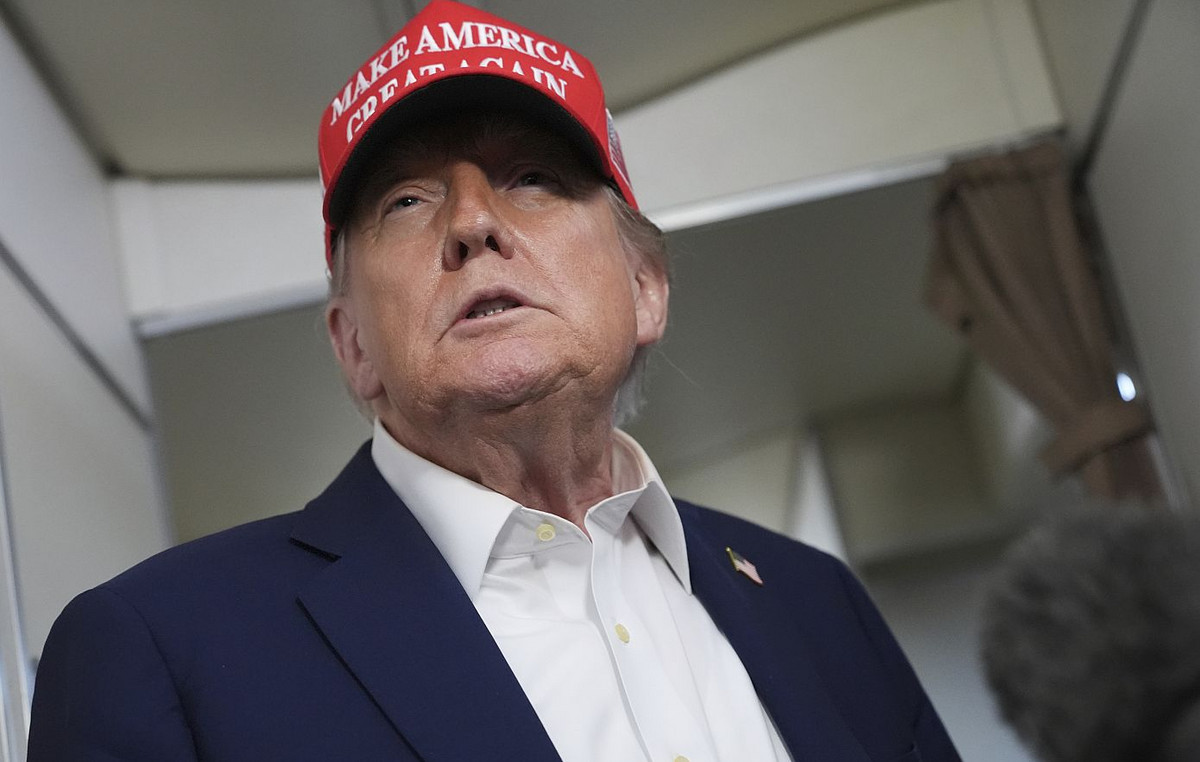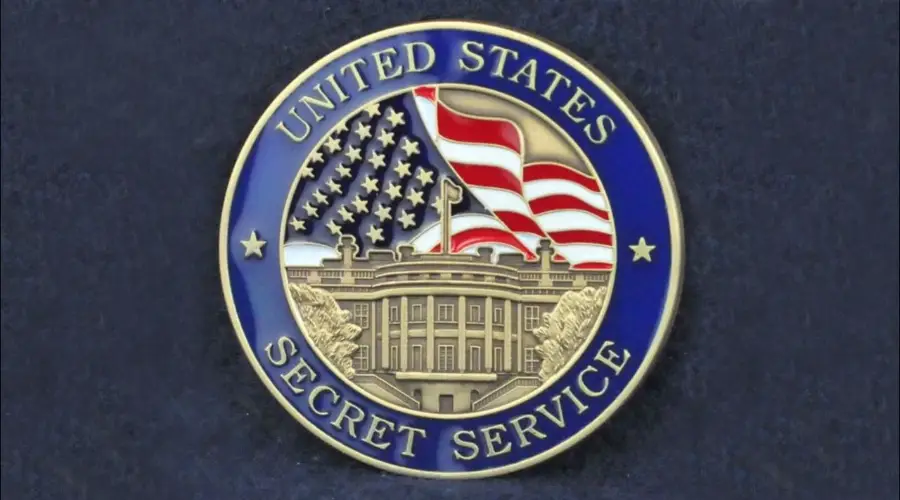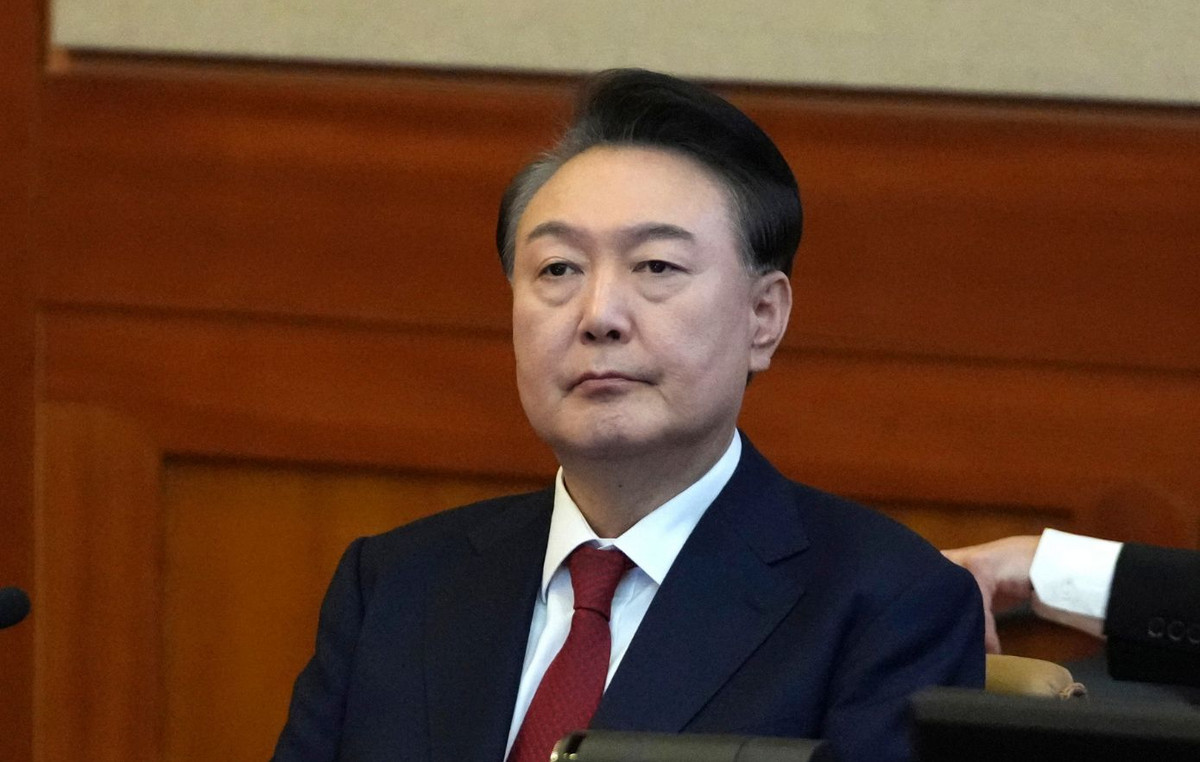Completing his first tour of Asia, US President Joe Biden used Russia’s invasion of Ukraine to send a clear message to China: A similar violation of the international order would generate a fierce response from the United States.
Addressing a high-level summit of Indo-Pacific leaders, Biden highlighted the grave consequences of a war that continues to advance despite withering sanctions from a largely united West. The message, delivered in a region that is keenly watching for signs of how the US might respond to China’s aggression, was one of determination.
“We are navigating a dark hour in our history,” Biden said, sitting opposite the leaders of India, Australia and Japan.
Biden warned that Russian President Vladimir Putin is “trying to extinguish a culture”, pointing to Russia’s attacks on Ukrainian schools, churches and museums. And he said the conflict had touched the whole world.
“This is more than just a European issue,” he said. “It’s a global issue.”
The war in Ukraine served as an uncomfortable backdrop during Biden’s trip to Asia, which ended Tuesday as Air Force One departed Japan to begin the long journey back to the United States. The conflict consumed his time and attention, even as he worked to reaffirm his goal of reorienting US foreign policy toward the Pacific.
At the same time, Biden hopes that the response to the US-led war – which has included partners such as Japan and South Korea, which he visited this week – and Russia’s stumbling blocks on the battlefield, will be viewed with caution in Beijing.
Biden tries to downplay his speech to China on Taiwan
On Monday, Biden gave his most explicit warning to China, saying the United States would be willing to respond militarily if the country invaded the autonomous island of Taiwan. Biden’s statement hovered on his final day in Tokyo, where he met with leaders from Japan, India and Australia as part of a Quad Leaders Summit.
While acknowledging that the US still agrees with the “One China” policy, Biden said on Monday that the idea of Taiwan being forcibly taken “is not (simply) appropriate.”
A day later, Biden told reporters that the US policy of “strategic ambiguity” had not changed. But he offered no qualifications in his earlier statement, saying only that the US position remains the same.
“Politics hasn’t changed at all and I said that when I made my statement,” Biden told an event with Quad leaders.
Several of Biden’s top government officials were taken aback by the comments on Monday, several aides told CNN , adding that they didn’t expect Biden to be so unambiguous. The White House quickly played down Biden’s comments, saying they did not reflect a change in US policy. It is the third time in recent months that Biden has said the US would protect Taiwan from a Chinese attack, only for the White House to back down on those remarks.
Under the “One China” policy, the US recognizes China’s position that Taiwan is part of China, but has never officially recognized Beijing’s claim to the autonomous island of 23 million people. The US supplies Taiwan with defensive weapons, but has intentionally remained ambiguous about whether to intervene militarily in the event of a Chinese attack.

China angered by Biden’s Taiwan comment
Tensions between Beijing and Taipei are at the highest level in decades, with the Chinese military sending a record number of warplanes close to the island.
Biden’s comments quickly caught the attention of the Chinese government, with China expressing its “strong dissatisfaction and firm opposition” to Biden’s comments, saying it will not allow any outside force to interfere in its “internal affairs”.
“On issues related to China’s sovereignty and territorial integrity and other core interests, there is no room for concessions,” said Wang Wenbin, a spokesperson for the Chinese Ministry of Foreign Affairs.
“We urge the US to sincerely follow the principle of One China […] Be cautious in word and deed on the Taiwan issue, and don’t send any wrong signals to pro-Taiwan independence and separatist forces – lest it do serious damage to the situation in the Taiwan Strait and China-US relations.”
China Spokesperson for the Office of Taiwan Affairs Zhu Fenglian added: “We urge the US to stop saying or doing anything that violates the One China principle and the three China-US Joint Declarations. […] Those who play with fire will surely get burned.”
A revitalized Quad draws Beijing’s ire
Beijing also criticized the Quad as an “Indo-Pacific NATO”, accusing the group of “flaunting the Cold War mentality” and “stoking geopolitical rivalry”.
Ahead of Tuesday’s talks, a senior US government official stressed that the group is not a formal alliance bloc, without a central secretariat or headquarters.
“The goal here is not to create many formal structures. The aim is to find ways to work together on issues that are of interest to the region,” the official said, adding that it is too early to discuss expanding the group beyond the four current participants.
Still, Biden and the other leaders unveiled new initiatives on maritime information sharing, Covid-19 vaccines and climate change as part of their meeting. And Biden’s advisers see the Quad as a critical component to a foreign policy strategy that heavily emphasizes cultivating relationships in Asia.
“I think we were all impressed by how comfortable the leaders are with each other and how they are having very, very serious conversations,” the official said.
Biden also met one-on-one with the prime ministers of India and Australia on Tuesday before returning to Washington. Prime Minister Anthony Albanese became Australia’s leader just 2 days ago, and US officials applauded his willingness to make the Quad summit his first order of business.
“I don’t know how you’re doing this,” Biden told his new colleague.
Talks with India’s Narendra Modi were predicted to be more tense as he resists US pressure to condemn Russia for its war in Ukraine. India depends on Moscow for most of its arms purchases, a historic partnership it is reluctant to break.
At the start of the meeting, Biden said he and Modi would discuss the effect the war has had “on the entire global world order”.
“The US and India will continue to consult closely on how to mitigate these negative effects,” Biden said.
Biden works on revitalizing alliances in Asia on first trip to Indo-Pacific
The president spent his trip to Asia meeting with South Korean and Japanese leaders, discussing a potential increase in joint military exercises with South Korea, and unveiling the Indo-Pacific Economic Framework — a long-sought economic agenda among the 13 nations. .
The visit comes later in Biden’s term than he would have liked, according to officials, who say restrictions from the Covid pandemic and other crises have made it difficult to schedule a trip. He is the third consecutive US president to try to reorient foreign policy towards Asia, though events in between have often got in the way.
Despite the focus on Ukraine, officials say Biden remains intent on realigning US foreign policy to the challenges of the coming decades. This includes, most urgently, building the kind of alliance structure in Asia that already exists among transatlantic allies and that formed an almost united bulwark against Russia after the invasion of Ukraine.
However, there is currently no Asian equivalent to NATO, which provided a critical framework for the Western response to Russian aggression. And China has been working hard in recent years to cultivate countries in the region as it flexes its regional power.
Biden took several steps to combat these movements – revitalizing the Quad; shared sensitive US nuclear-armed submarine technology with Australia for the first time; and last week he hosted a summit of Southeast Asian leaders at the White House to discuss trade and security.
However, it is far from clear that these measures did much to curb China’s ambitions. And some analysts have pointed to parallels between Russia’s invasion of Ukraine and fears about Taiwan’s future.
*With information from Donald Judd and Nectar Gan of CNN.
Source: CNN Brasil
I’m James Harper, a highly experienced and accomplished news writer for World Stock Market. I have been writing in the Politics section of the website for over five years, providing readers with up-to-date and insightful information about current events in politics. My work is widely read and respected by many industry professionals as well as laymen.







